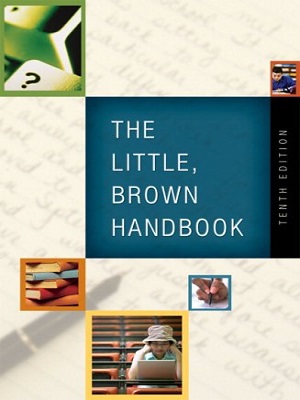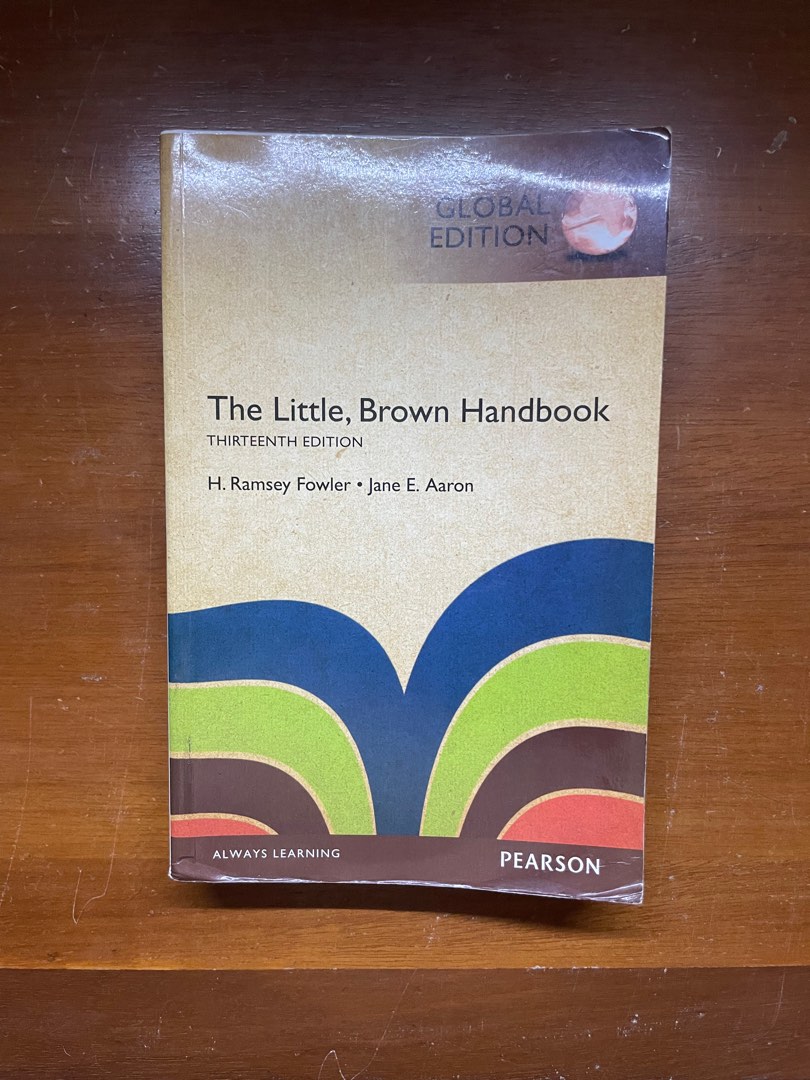In a cluttered bookshelf filled with dusty tomes and faded paperbacks, a small, unassuming volume stands out. Its worn brown cover, etched with the passage of time, whispers of stories untold, memories whispered, and lessons learned. This is “The Little Brown Book of Anecdotes,” a collection of short, personal tales that have captivated readers for generations. Its pages hold a treasure trove of human experience, offering a glimpse into the lives of ordinary people and revealing the extraordinary moments that shape our world.

Image: thecsspoint.com
As a lifelong reader, I’ve always been drawn to the power of stories. From childhood bedtime stories to novels that transported me to distant lands, tales have woven themselves into the fabric of my existence. But it was “The Little Brown Book of Anecdotes” that opened my eyes to the profound impact of personal narratives. Each anecdote, though seemingly simple, held a profound truth, a nugget of wisdom that resonated deeply within me.
Unveiling the Power of Anecdotes
An anecdote is a brief, personal story, often told to illustrate a point or convey a particular feeling. It is a snapshot of life, capturing a specific moment in time, filled with vivid details and relatable emotions. While anecdotes may seem trivial at first glance, their power lies in their ability to connect with readers on a deeper level.
Anecdotes tap into our shared human experience, reminding us that we are not alone in our joys, sorrows, and struggles. They provide a sense of shared humanity, making us feel understood and connected to others. The best anecdotes, however, are more than just entertaining; they offer insights into the human condition and inspire us to reflect on our own lives.
The Little Brown Book of Anecdotes: A Historical Perspective
The concept of collecting and sharing anecdotes is as old as storytelling itself. Ancient cultures used tales to transmit knowledge, entertain, and foster a sense of community. “The Little Brown Book of Anecdotes,” first published in the early 20th century, drew inspiration from this ancient tradition while embracing the evolving themes of its time.
The book’s selection of anecdotes reflects the diverse experiences of its era, ranging from humorous tales of everyday life to poignant stories of hardship and resilience. It offered readers a window into the lives of people from all walks of life, showcasing their triumphs, failures, and everything in between. “The Little Brown Book of Anecdotes,” therefore, became a valuable tool for understanding the human condition and appreciating the richness of our collective history.
The Enduring Relevance of Anecdotes
In our fast-paced, digital age, where information is readily available at our fingertips, the power of anecdotes may seem less apparent. Yet, the enduring relevance of these personal stories continues to captivate readers. In a world filled with noise and distractions, anecdotes provide a much-needed sense of human connection and offer a space for reflection.
Anecdotes have the unique ability to touch our hearts and ignite our imaginations. They are like small sparks that illuminate the darkness, offering a glimpse into the world through a different lens. Whether we read them for entertainment, inspiration, or simply to feel a sense of shared experience, anecdotes remind us of the power of storytelling and its ability to transcend time and connect us with one another.

Image: www.carousell.sg
The Art of Crafting Effective Anecdotes
While anecdotes are typically simple in structure, crafting a compelling tale requires a certain skill and understanding. Here are some key tips to help you create anecdotes that resonate with your audience:
- Focus on a Specific Moment: Choose a single, memorable event or experience that you can describe in detail.
- Use Sensory Details: Engage your readers by incorporating vivid sensory details such as sights, sounds, smells, tastes, and textures.
- Show, Don’t Tell: Let your readers experience the story through your words rather than simply telling them what happened.
- Connect to a Larger Theme: Consider how your anecdote relates to a broader theme or message you want to convey.
- Find the Heart of the Story: What is the central emotion or insight you want to share with your audience?
Expert Advice: The Power of Personal Connection
As a writer, I’ve discovered that the most powerful anecdotes often stem from personal experiences. By sharing our own stories, we create a sense of intimacy and authenticity that resonates deeply with readers. Remember, anecdotes don’t need to be earth-shattering events; sometimes, the most powerful stories are the seemingly ordinary moments that hold deep meaning for us.
Don’t be afraid to be vulnerable and share your own experiences, whether they are joyous, heartbreaking, or simply reflective of everyday life. By connecting with readers on a personal level, you can create a powerful bond that will leave a lasting impact.
Frequently Asked Questions about Anecdotes:
Q: What is the difference between an anecdote and a story?
A: While both anecdotes and stories involve telling events, anecdotes are typically shorter and focus on a specific moment or experience. Stories, on the other hand, can be more elaborate and comprehensive, often encompassing a larger narrative arc.
Q: What makes an anecdote effective?
A: An effective anecdote is engaging, relatable, and conveys a clear message or theme. It uses vivid language and sensory details to bring the story to life and connect with the reader on an emotional level.
Q: Where can I find inspiration for anecdotes?
A: Inspiration for anecdotes can come from your own life experiences, news stories, historical events, or even everyday observations. Pay attention to the world around you and look for moments that spark your interest.
The Little Brown Book Of Anecdotes
In Conclusion: The Power of Stories
The Little Brown Book of Anecdotes serves as a constant reminder of the enduring power of stories. Anecdotes, though seemingly simple, hold the potential to connect us, inspire us, and offer valuable insights into the human experience. Through sharing our own stories, we not only entertain but also contribute to the richness and diverse tapestry of human narratives.
Are you interested in learning more about the art of storytelling and how to craft compelling anecdotes? Share your thoughts in the comments below. I’d love to hear your experiences with storytelling and any tips you might have to share!






